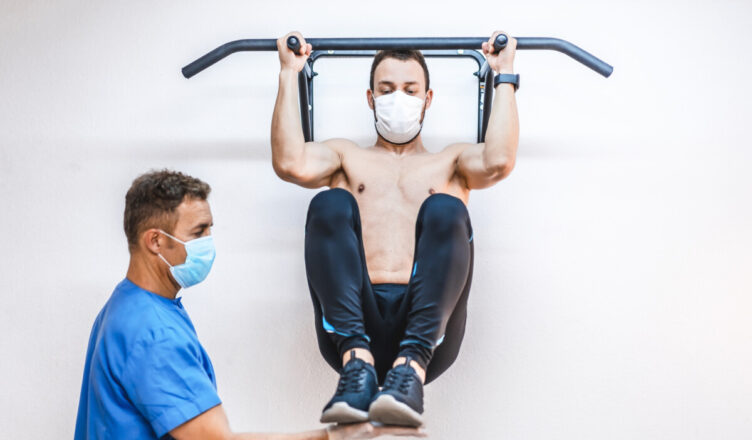Balance Exercises
Condition: Neurological and musculoskeletal conditions affecting balance.
Poor balance can have a significantly negative effect on an individual’s quality of life — even limiting independence — whether it is the result of aging, surgery or neurological complications. Balance is the ability to maintain the body’s center of gravity within the base of support or the ability to stand up and not fall over. People get their sense of balance from three main body systems that work together: visual, vestibular and proprioception. If one of the systems is not working well, the other two can compensate. However, if two of them are deficient, problems will arise.
An example of Balance exercise is shown in the attached You Tube video.
LL Corpus: MINI CLINIC ™ provides Balance exercises for rehabilitation patients.
The MINI CLINIC ™ is designed to support a patient’s need to full rehabilitation of balance impairments with zero risk of falling whether exercising with physioball in sitting or eyes closed in standing. The physical therapist is able to treat patient hands on with essential tactile cues, proprioceptive neuromuscular facilitation or neurodevelopmental techniques. With the MINI CLINIC ™, therapists are free to perform skilled, clinical interventions directly with the patient versus holding the patient by the gait belt. Patients develop self-confidence while performing different levels of exercises to challenge their balance as they perceive stability and safety within the MINI CLINIC ™ capable of lifting 450 lbs. and 100 % secure in body harness with zero risk of fall.
The MINI CLINIC ™ provides therapists the opportunity to:
- Create specific stimulus to exercise with visual, vestibular and proprioception.
- Introduce various rehab accessories to challenge patient’s balance faculty using vestibular disc, wobble board, physioball, stepper, red cord and other exercise tools that enable creativity and flexibility.
When a wide range of balance programs and options as well as flexibility to increase intensity and level of challenge, patients are more likely to participate, continue and repeat exercises. This results in better outcome, as patients are able to complete activities of daily living with improved balance.






